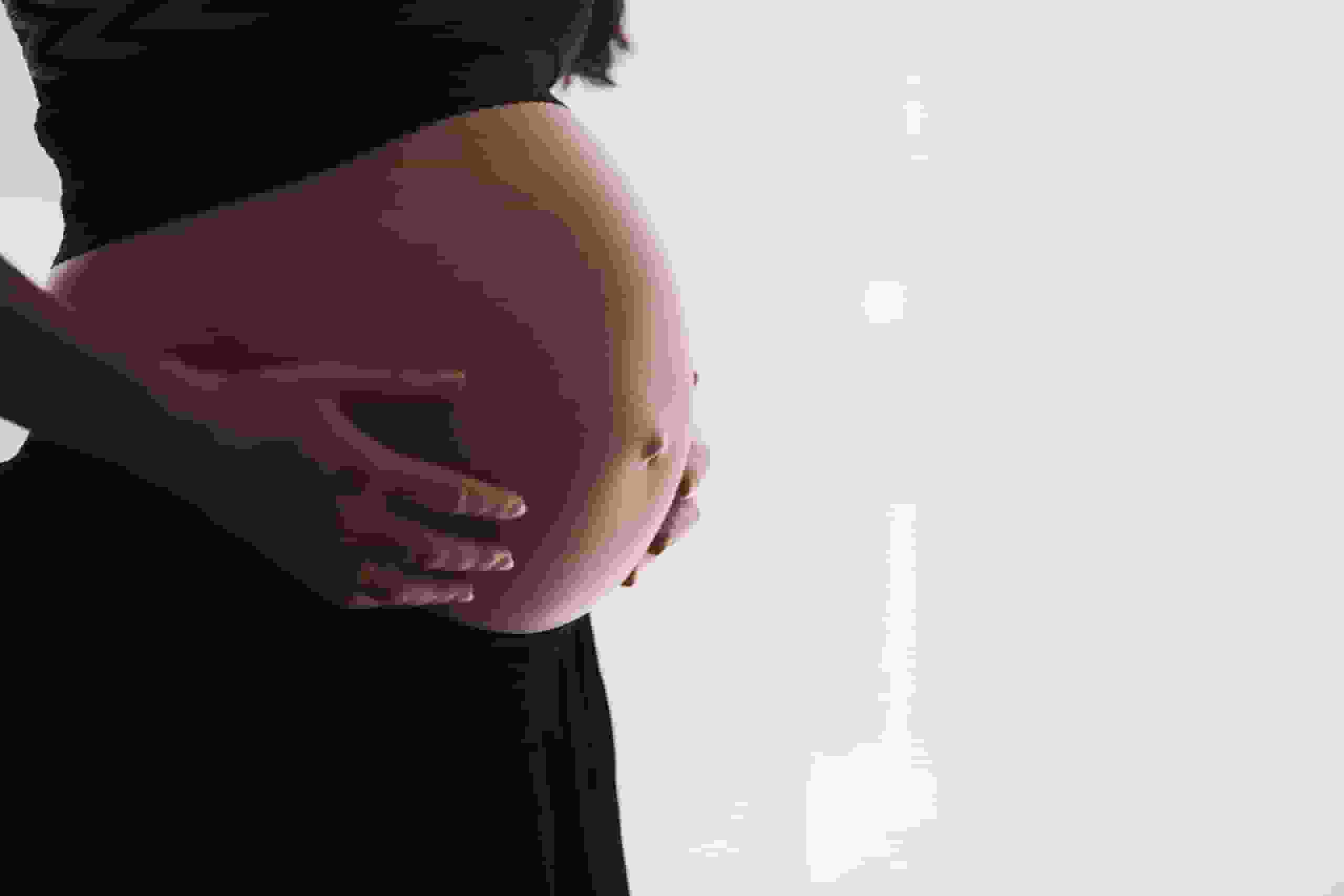
A new study published in the Proceedings of the National Academy of Sciences explains why a baby kicks his/her mother’s in the stomach, putting an end to millennia of speculation.
As early as 16 weeks into the average pregnancy, unborn babies begin to flutter, squirm, roll, and, yes, kick within the womb.
Activities Of A Baby In The Womb
Long ago, it was believed that spontaneous motions occurred by chance; nevertheless, the current study reveals that these activities serve to develop their small bodies.
University of Tokyo researchers have shown that prenatal exercise has a significant impact on early infant development, particularly hand-eye coordination.
According to a prior study published in the Journal of the Royal Society Interface, the average in-utero kick carries a force of more than 10 pounds and has confused scientists for decades. However, the new case study model has revealed precisely how this physical exercise aids the infant’s development of body control.
Using motion capture equipment, the research team recorded the joint motions of 12 healthy neonates all less than 10 days old, and 10 young infants all approximately 3 months old.
A computer model of the musculoskeletal system monitored muscle activity and sensory input throughout the entire body.
Researchers discovered that random exploratory behavior in infants led to the development of muscle interaction patterns that later aided the infants in performing sequential motions.
Read more: Emergency mental health visits and readmissions in children’s hospitals are on the rise
Sensorimotor System

The scientists also inputted the data into computer software that allowed them to assess how the muscles throughout the babies’ entire bodies communicated with one another.
They discovered that spontaneous movement patterns contributed to the development of the sensorimotor system, which is the technical term for the body’s capacity to control muscles for movement and coordination.
Professor Hoshinori Kanazawa, a specialist in baby development and the study’s lead author, stated that this contradicted the findings of prior studies, which claimed that infants’ sensorimotor systems developed only through repeated, purposeful movements.
In addition to knowing more about how infants develop, additional research into the random motions could assist establish a normal baseline.
Theoretically, according to Professor Kanazawa, this could assist detect infants with developmental abnormalities early.
He stated, My initial training was in baby rehabilitation.
The team hopes to conduct an additional study on how random movement in infants influences specialized actions such as walking and reaching later in life.
Read more: Google reveals top health-related researches; What do people want to know?

